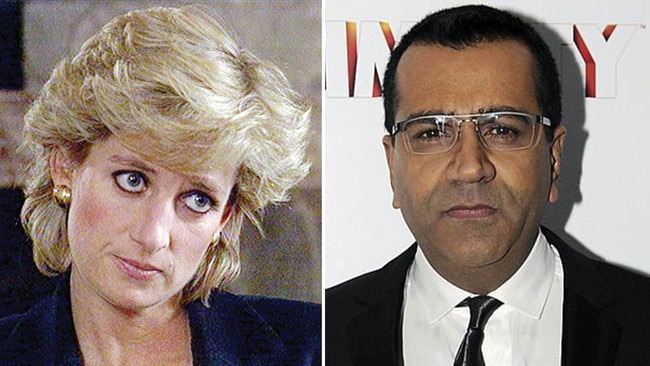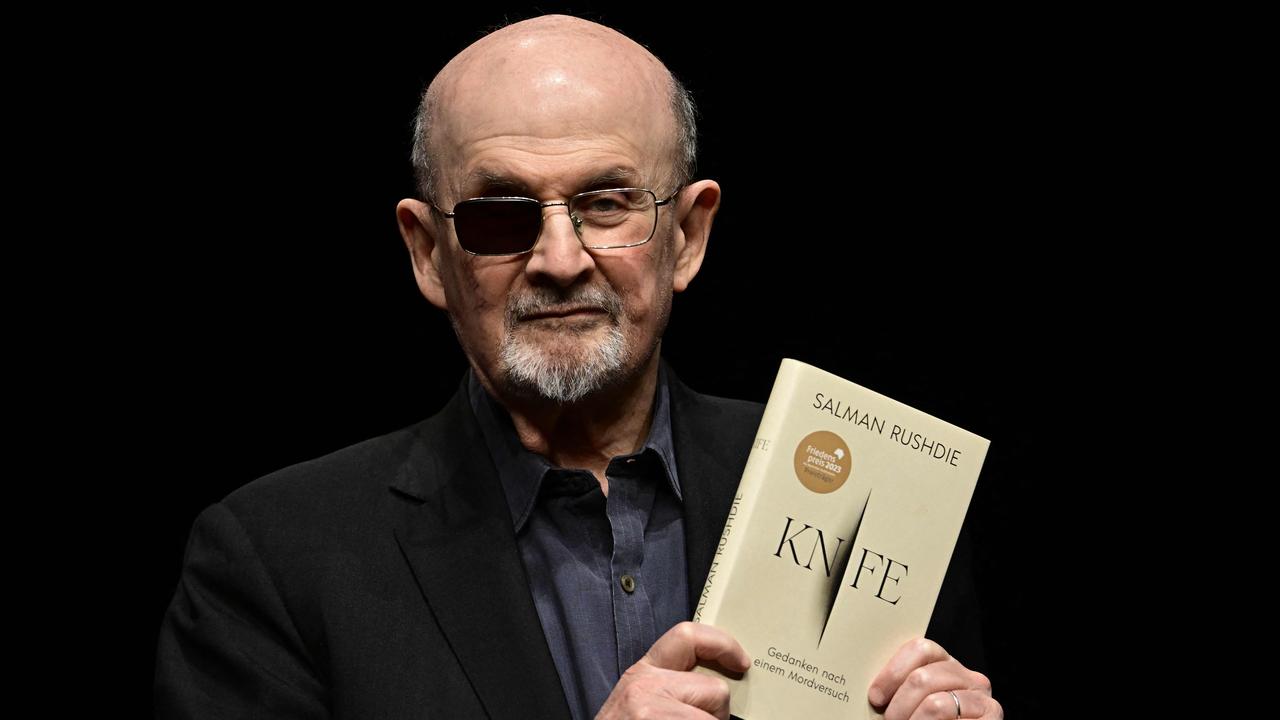Former justice to lead Diana interview inquiry
A retired judge will head an inquiry into allegations of forgery, deceit and cover-up surrounding Martin Bashir’s interview with the Princess.

A retired Supreme Court judge has been appointed by the BBC to head an inquiry into allegations of forgery, deceit and cover-up surrounding Martin Bashir’s interview with Diana, Princess of Wales.
Lord Dyson will focus on how Bashir obtained the interview for Panorama in 1995 and whether BBC executives concealed his alleged wrongdoing.
The investigation was ordered by Tim Davie, the director-general, after Earl Spencer, Diana’s brother, highlighted 32 occasions on which Bashir allegedly used deceit to exploit her paranoia and obtain the interview.
Mr Davie said: “The BBC is determined to get to the truth about these events. Lord Dyson is an eminent and highly respected figure who will lead a thorough process.”
Lord Dyson, 77, who was master of the rolls until 2016, said that he would start immediately, adding: “I will ensure it is both thorough and fair.”
He will also examine how effectively the BBC investigated when two false bank statements created on Bashir’s orders emerged in 2016. The BBC exonerated Bashir having heard that Diana purportedly sent a handwritten letter saying they had not influenced her decision to do the interview. The letter was lost but was rediscovered last week.
Earl Spencer, 56, has now accused Bashir of other forged bank statements, a fax that appeared to falsely suggest that Tiggy Legge-Bourke, nanny to Prince William and Prince Harry, was pregnant with Prince Charles’s child and claims that MI5 had placed Diana under surveillance.
A BBC source said it was hoped that the inquiry would be completed within six months. Present staff, including Bashir who rejoined the broadcaster as religious affairs correspondent in 2016, will be expected to assist the inquiry.
The corporation will encourage Earl Spencer and former staff, including Lord Hall of Birkenhead, who was head of news at the time of the interview and later director-general, to give evidence.
The inquiry will not cover wider allegations of wrongdoing by Bashir, or why he was allowed to rejoin the BBC in 2016 despite an executive having made an official complaint that he made “defamatory and professionally damaging accusations” against BBC journalists while working for Granada Television.
Peter Horrocks, then BBC head of current affairs, wrote to Ian McBride, Granada’s managing editor, in July 2000 to take the “unusual step of complaining formally about one of your journalists”. He wrote: “On stories where Martin is in direct competition with Panorama he has a track record of attacking Panorama journalists with accusations that are inaccurate, defamatory and professionally damaging.”
Bashir was accused of falsely claiming to relatives of victims of the serial killer Harold Shipman that the BBC planned to sabotage his prosecution by broadcasting an investigation before the trial. Bashir is also alleged to have told Scotland Yard that the BBC was withholding evidence from the police investigation into David Copeland, a homophobic racist who set off nail bombs in Soho and other areas of London in 1999, killing three people.
Tom Mangold, who worked alongside Bashir on Panorama, said the journalist’s return to the BBC had been cleared by James Harding, a former editor of The Times and then BBC director of news, and Jonathan Munro, head of newsgathering. Mangold wrote: “Munro I’m told authoritatively, was anxious to recruit ‘a marquee name’.”
Mr McBride told Channel 4 News that he could not recall receiving the letter or speaking with anyone from the BBC about concerns involving Bashir.
The BBC has said that it has not spoken to Bashir, 57, about the allegations as he is recovering from heart surgery and Covid-19.
The Times


